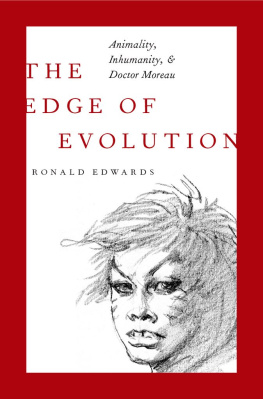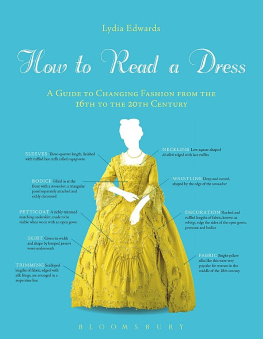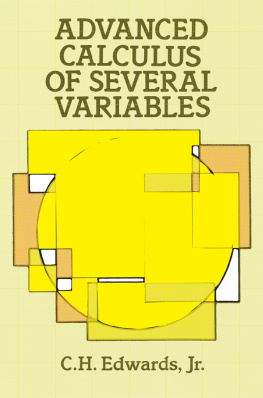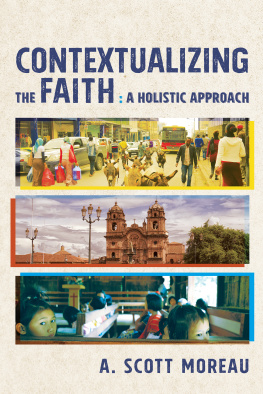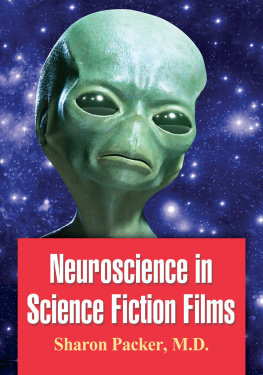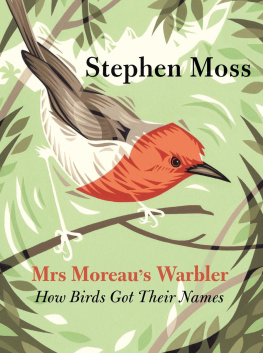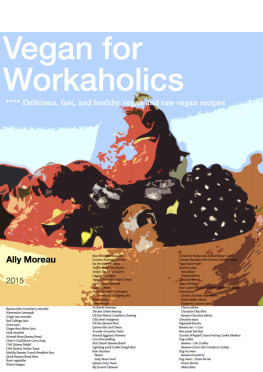The Edge of Evolution

Oxford University Press is a department of the University of Oxford. It furthers the Universitys objective of excellence in research, scholarship, and education by publishing worldwide.Oxford is a registered trade mark of Oxford University Press in the UK and certain other countries.
Published in the United States of America by Oxford University Press
198 Madison Avenue, New York, NY 10016, United States of America.
Oxford University Press 2016
All rights reserved. No part of this publication may be reproduced, stored in a retrieval system, or transmitted, in any form or by any means, without the prior permission in writing of Oxford University Press, or as expressly permitted by law, by license, or under terms agreed with the appropriate reproduction rights organization. Inquiries concerning reproduction outside the scope of the above should be sent to the Rights Department, Oxford University Press, at the address above.
You must not circulate this work in any other form and you must impose this same condition on any acquirer.
Cataloging-in-Publication data is on file at the Library of Congress
ISBN 9780190212094
eISBN 9780190212117
CONTENTS
Ive taught many different university courses, first as a biology graduate student, then as a professor: freshmen and capstone, majors and non-majors, focused and general, biology and interdisciplinary. Pound for pound, it was the non-majors general biology classes that taught me the most about what people out there know, how they think the world works, and what order and type of information opens up the discussion. I loved these classes, because the students were unswervingly honest: screw up some ideas, or give an unfair or poorly conceived test, and you found out about it in no uncertain terms, and not months later in an evaluation, either. But if you show that youre exacting but fair, and bring the biology into their livesnot as spectacle, but as a genuine issuethen they show up early, arrive waving something theyve looked up, stay late, make friends with one another, and study diligently.
They also taught me the most about the limitations of my course material: what parts were hand waving, or seemed like it, and what gaps were obvious to them although invisible to me and my colleagues. I made it my professional business to keep refining the presentation and the content for maximum clarity, to keep reorganizing the material for maximum impact, and to keep redesigning the testing methods for maximum reward for learning. I also tried many ways to open the coursewhat exercise or project should kick it off, and what to say. My operating principle, the most successful as it turned out, was brutal honesty to set up a real social contract:
The administrators call this a requirement. I do not actually know if they laugh about the tuition theyre getting from you, but they do wear tassel loafers and have much nicer offices than anyone I know at this school. I can tell you, they are not my people, and I do not work for them. I work for one guy down the hall, the department head. I teach this class because I think its important. I dont think the tuition is extra or a scam, and Ill tell you why, or I hope to show you why as we go along.
But I know I cant ask you to believe that, not right now. Professors tell you all kinds of things on the first day and unless something has changed, well, I dont remember a lot of my old profs really making good on it. Im saying that you are right to ask, how is this worth my time? Why do I have to do this? Im also saying that I cant answer it unless you meet melets say, a third of the way. Attend class, do some stuff, and see what makes sensetalk about what doesnt, ask some questions, and in a few weeks, see what you think. Really be here, though, dont wander in with your head somewhere else. Ill be doing the same, because although I do have a schedule of topics, theres some flexibility, and Ill always say it exactly as I think you, no one else, right here this term, will get the most out of it based on whats happened so far.
Here are some mechanics to help us both with this.
I dont assign discussion points, subjective points, whatever you want to call them. Your grade comes right out of your scores. Thats because I dont trust myself, or anyone, not to abuse those points for students I like. This way, you can raise questions, you can be wrong, you can disagree with me, or you can simply keep to yourself if you want, and theres not a thing I can do to you in terms of your grade. It keeps that safe.
I dont take attendance or apply it to your grade. Youre all grown-ups. I know most of you work, like I did in college. You have to decide how to trade off your time and your obligations. So you know, well have graded work almost every day, and I dont do ten percent off or make-ups. If something truly medical or outrageous is involved, its pro-rated, and thats all. Miss one without one of those situations listed in your syllabus, and its a zerobut the good news is, no extra points are coming off.
At about this point, the students are surprised, and I can see them thinking, This guy might actually be all right. Thats when I tell them something biologically amazing, not just a cool detail from a nature special, but a point they never dreamed of, which makes them think back on their experience and sense their own bodies differently. It could be any of a dozen things, from the blood pooling in their circulatory system because theyre been sitting too long, to what in the world is actually in that cup of legal psychoactive drug Im drinking in front of them and what its doing to my brain, or anything else immediate, experiential, and familiar. Halfway through the explanation, I ask, Do you want to know? And the tigerish enthusiasm that responds lets me know, this term, this class, were going to make it.
Authors Voice
Ive written this book in the language I developed in these classes. Its still a professor voice, although I hope only the good parts: intellectual ruthlessness, attention to the listeners starting position, and the biologists typical and possibly charming social shortcomings. But its also a fellow learners voice, ready to be surprised by what the other humans might say. I tell every classroom of students at the beginning of a course that they are not intellectual subordinates, that although they may well be informed and provoked in a good way, they dont have to agree with me in order to pass, or to make me feel important. I learned as a student myselfand carried it into my teachingthat instruction is not about rank, its about showing you can add value and about building trust.
Here, Id like to reduce the implicit authority of writing a book as far as I can. My own historyteacher, evolutionary biologist, reader of speculative fiction, political activist, animal care committee member, small-press game publisher, father and husband, and moreproduce a certain lived expertise, perhaps a good one for this project. I entered my studies in an exciting period for evolutionary thinking, and in retrospective, had remarkable luck in meeting and working with some notable individuals. Instead of a single mentor and specialty, I learned techniques from the fragments of DNAback when gel kits were built in the labto hands-on work with both living and dead animals, to the hectares of open fields full of unsympathetic plants and creatures who bite. I had also been lucky to be trained in a broad range of liberal arts, with an eye toward history and toward the multiple ways a problem or idea is expressed in a historical moment; science to me is never merely testing a hypothesis, its a powerful debate in which this one study flares up briefly, and that debate neither came from nowhere nor exists in isolation from anywhere in society.

